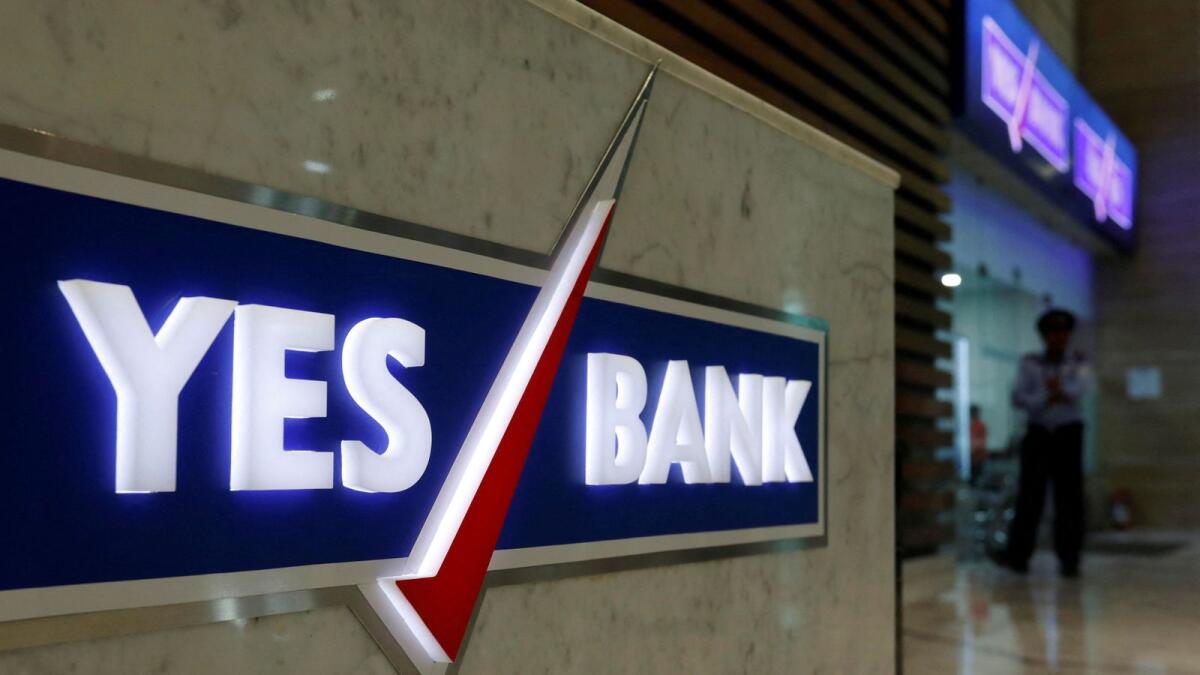A UAE-based bank is considering investing billions of dollars in an Indian bank, as announced by the UAE ambassador to India, Abdulnasser Alshaali. The potential deal is still subject to unresolved issues, but the ambassador remains optimistic about finding a resolution. While the parties involved were not disclosed due to ‘market sensitivities,’ speculation suggests that the target bank could be Yes Bank, with an Abu Dhabi-based bank likely to acquire a significant stake. The potential investment follows discussions during Crown Prince Sheikh Khaled bin Mohamed bin Zayed Al Nahyan’s visit to India, where key talks were held with Indian Prime Minister Narendra Modi to enhance ties in various sectors.
The UAE ambassador highlighted the expanding relationship between UAE and India, particularly in terms of trade and investment. India is the second-largest export destination for UAE, the third-largest trade partner, and the fourth-largest investor. Bilateral discussions during the Crown Prince’s visit covered a wide range of sectors, including ports, renewable energy, and advanced technologies. The UAE has shown commitment to supporting India’s energy security, while India plays a role in ensuring the UAE’s food security. Reports have suggested that potential bidders, including banks from Dubai and Abu Dhabi, are interested in acquiring a stake in Yes Bank, with speculations around a $5 billion investment.
In the past, reports surfaced linking First Abu Dhabi Bank to a potential stake purchase in Yes Bank. However, the lender later denied considering any such investment. Yes Bank underwent restructuring by the Reserve Bank of India in March 2020 with the assistance of a consortium of local banks after facing financial difficulties. Presently, State Bank of India holds about 24% stake in Yes Bank, while other lenders who participated in the bank’s rescue operation collectively own 9.74%. Private equity funds, CA Basque Investments, and Verventa Holdings hold an additional 16.05%, with the rest distributed among other investors and the public.
One of the major challenges hindering potential bidders from acquiring a stake in Yes Bank is the regulatory requirement to reduce promoter shareholding to 26% within 15 years of the investment. Discussions are said to be ongoing to seek relaxation of this requirement to facilitate the deal. At the same time, reports have emerged indicating interest from other international financial groups, such as Mitsubishi UFJ Financial Group and Sumitomo Mitsui Financial Group, in acquiring a stake in Yes Bank. The bank’s financial restructuring and ongoing discussions with potential investors reflect the evolving landscape of India’s banking sector and the growing interest of foreign entities in partnering with Indian financial institutions.
Overall, the potential investment by a UAE-based bank in an Indian bank marks a significant development in bilateral economic ties between the two countries. As discussions progress and potential issues are resolved, the deal could pave the way for further collaborations in the financial sector and beyond. The involvement of multiple international players and the interest shown by various financial institutions highlight the attractiveness of India’s banking sector for foreign investments. With ongoing talks and negotiations, the outcome of the deal could have far-reaching implications for both the Indian banking industry and the broader economic relationship between UAE and India.










